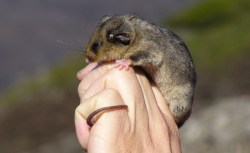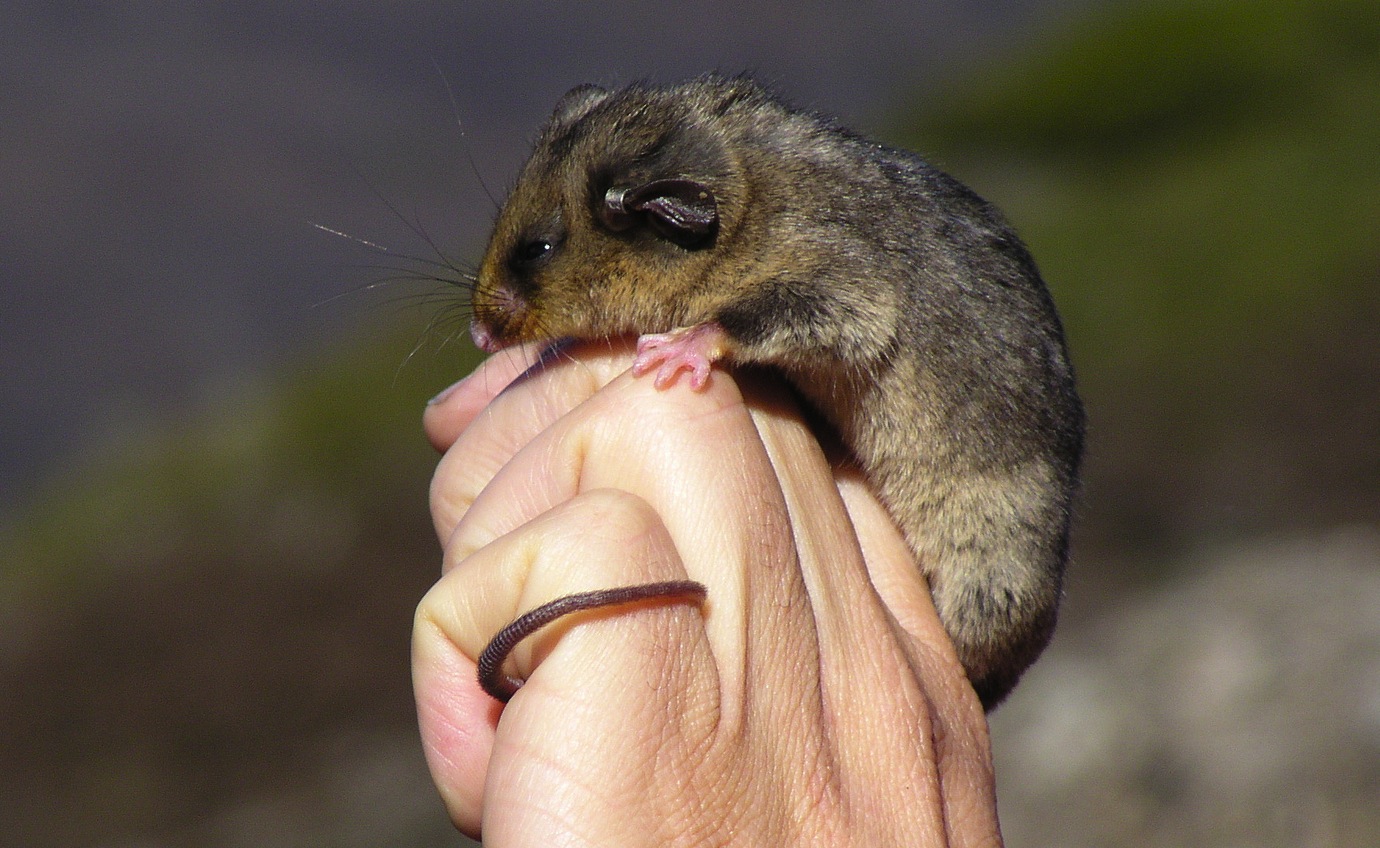
Australian Alps collection – Parks AustraliaAustralian scientists may lend a hand to mountain pygmy possums, which are threatened by climate change.
Australia is among the countries that are being hit the hardest by global warming — and that’s taking a toll on wildlife. So Australian scientists are preparing to evacuate animals from their natural habitats in an effort to stave off extinctions.
Under a new decision-making framework developed by the Commonwealth Scientific and Industrial Research Organization, species such as the endangered mountain pygmy possum could be trapped and released into more hospitable environments to help assure their survival.
It’s a controversial idea in a country ravaged by toads and other invasive species that were transplanted from their natural environments in ill-advised efforts to help control pests.
“There’s lots of debate in science whether it is a good idea at all,” framework coauthor Tracy Rout of the University of Queensland told The Guardian:
The key values fed into the formula are the status of the animals to be moved, the prospects of the animals at a new site and their impact on existing species in the new area.
“We’ve ended up with an equation that basically looks at the benefits versus the cost, ecologically speaking,” said Rout. “This should be very helpful in making the judgment whether to move a species, but there also needs to be value judgments taken by the decision-maker.”
Rout said that such relocation efforts would be a measure used only as a “last resort,” but she points out that such an effort is already underway. Scientists are working to rescue western swamp tortoises, which are Australia’s most endangered reptiles, from swamps that are drying out in Perth’s suburbs.


